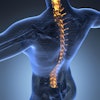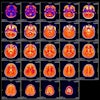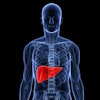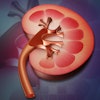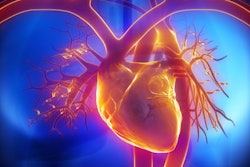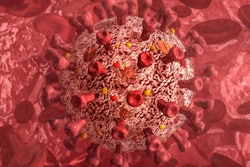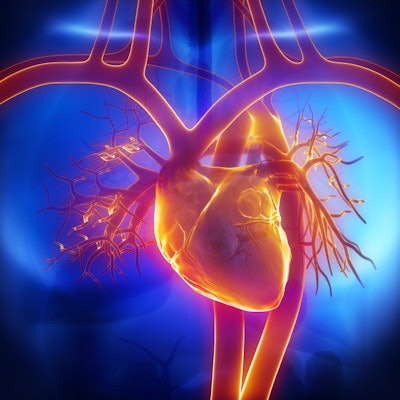
JAMA Cardiology has posted corrections to a study on cardiac MRI it published July 27, as well as a letter from the authors addressing the errors. The research demonstrated how cardiac MRI revealed that patients who recovered from COVID-19 could be at risk for heart complications.
The study showed cardiac involvement in 78% of recovered COVID-19 patients and continued myocardial inflammation in 60%, indicating "the need for ongoing investigation of the long-term cardiovascular consequences of COVID-19," wrote a team led by Dr. Valentina Puntmann, PhD, of University Hospital Frankfurt in Germany.
In a correction letter, the journal noted that "there were errors in statistical tests and data, including the use of inaccurate metrics (e.g., mean versus median) for the values in Table 1, inconsistencies between the reported data in the title and legend of Figure 1, and the data points provided for the patients with coronavirus disease 2019 (COVID-19) in Figure 2." The study authors provided missing data from original cardiac MRI images and corrected data entry errors and clarified cutoff data for abnormal native T1 and T2 values.
All the errors have been corrected online, according to JAMA Cardiology.
"A rigorous review has confirmed that the findings as originally reported remain valid," wrote editor Dr. Robert Bonow and deputy editor Dr. Clyde Yancy in an explanation of the corrections.
Study authors Puntmann and Dr. Eike Nagel, also of University Hospital Frankfurt, responded to the journal and its readers in a letter of their own, noting that they were "made aware of the errors in our original report as they were discussed on Twitter through a journalist." The team reviewed the study data and repeated the analysis, it said.
"We are pleased to confirm that reanalysis of the data has not led to a change in the main conclusions of the study," Puntmann and Nagel wrote. "As we originally reported, compared with healthy controls and risk factor-matched controls, patients recently recovered from COVID-19 had lower left ventricular ejection fraction, higher left ventricle volume, and elevated values of T1 and T2. However, the corrected findings no longer show higher left ventricular mass in these patients. We confirm that there are no other errors ... We most sincerely apologize to the readers and editors of JAMA Cardiology for any confusion, and we appreciate the opportunity to correct the original publication."


